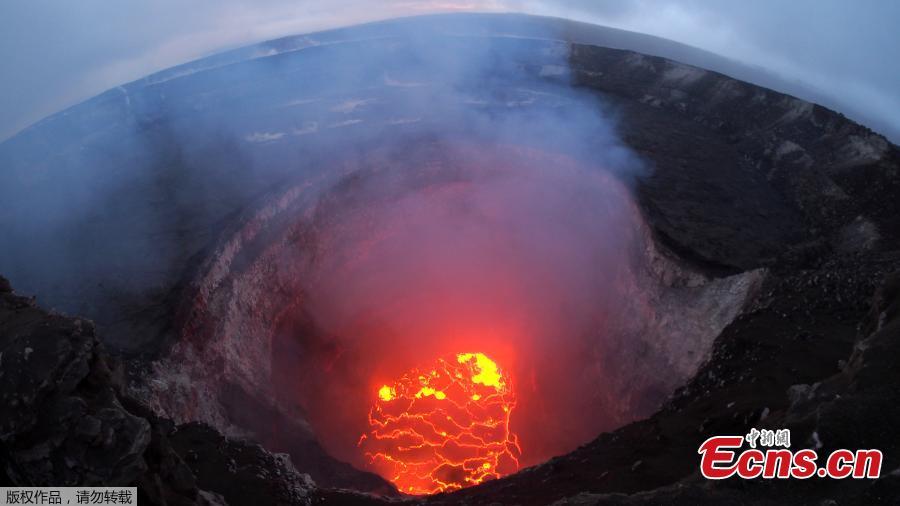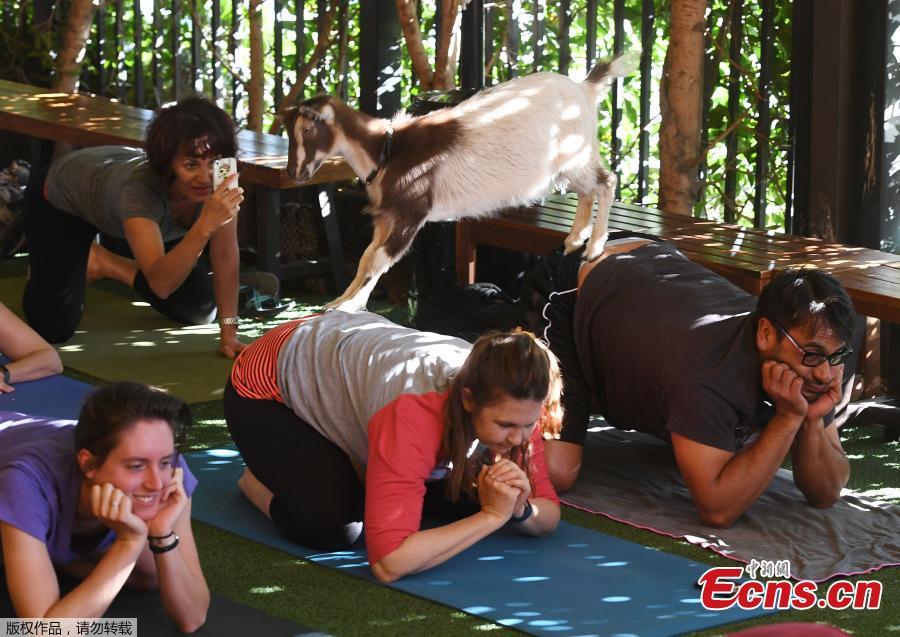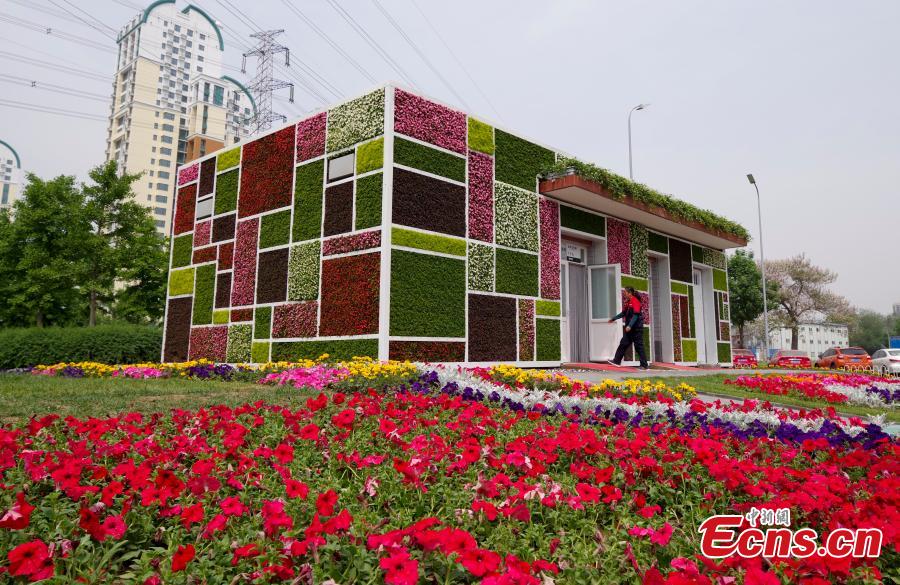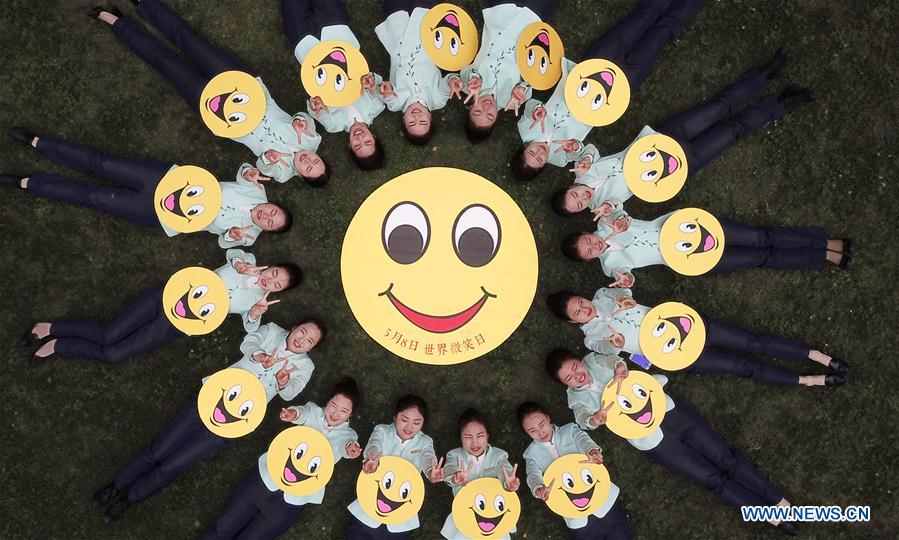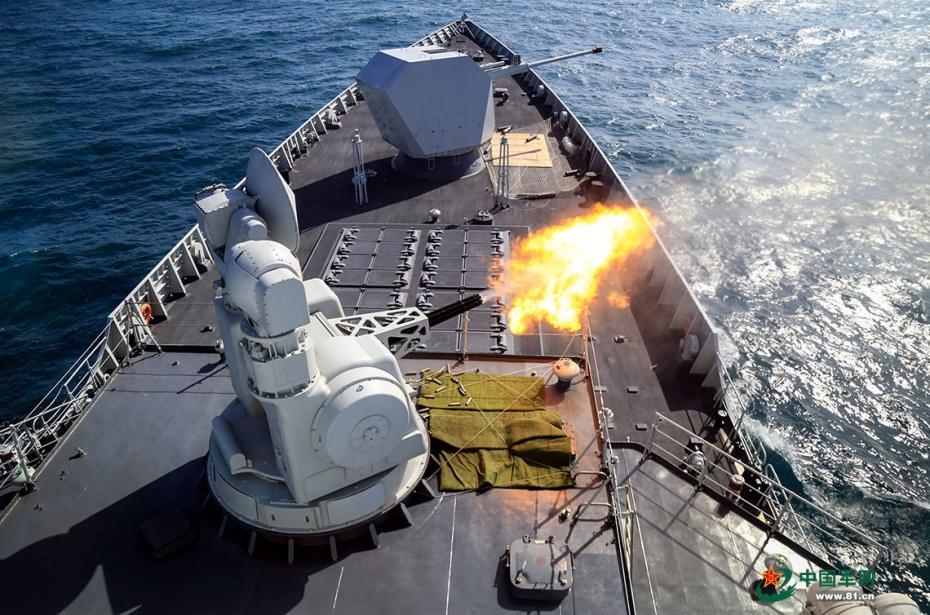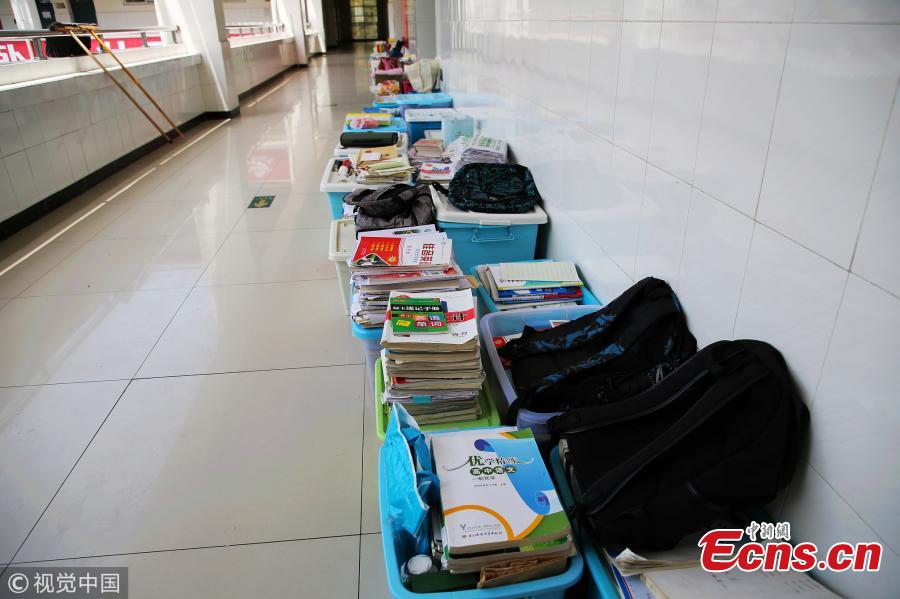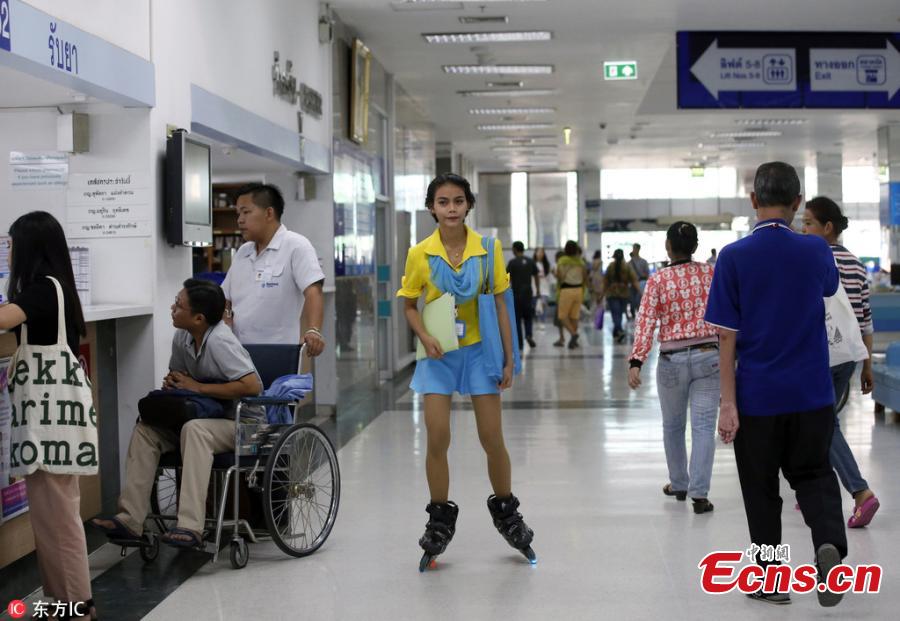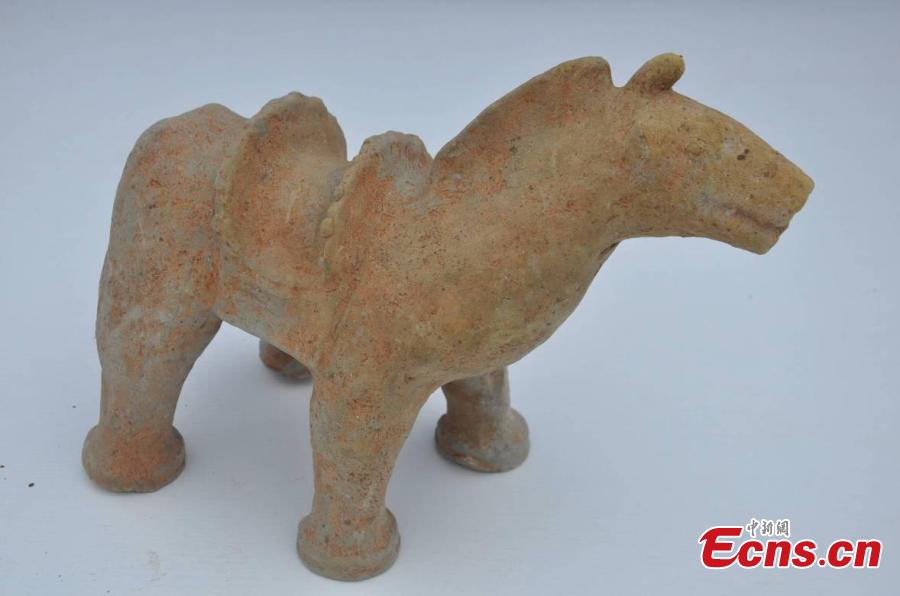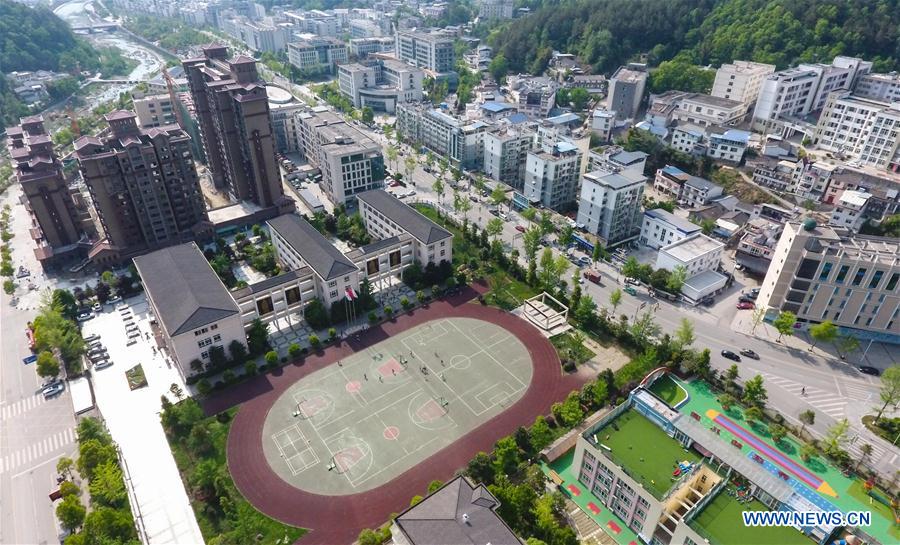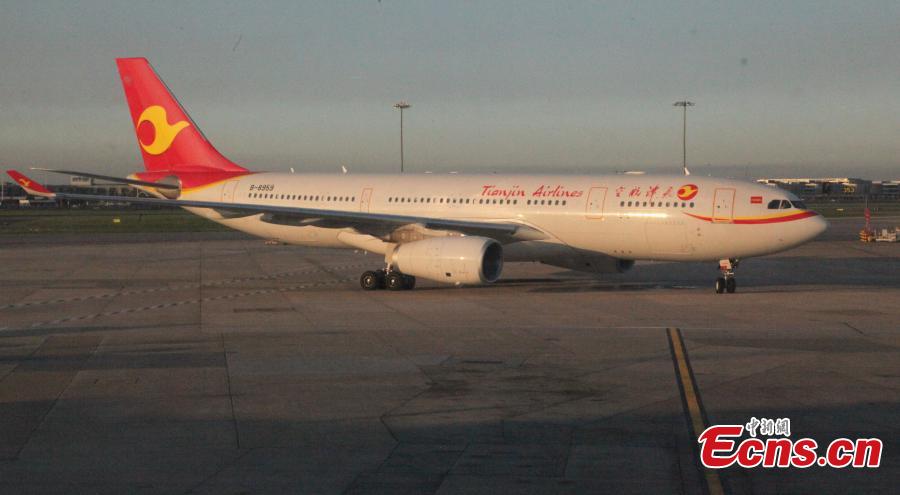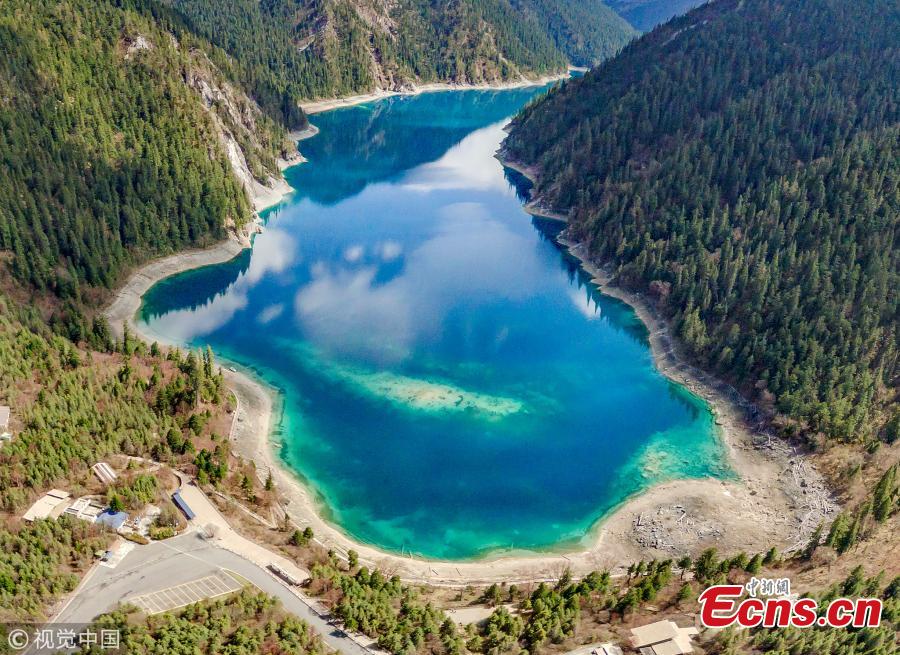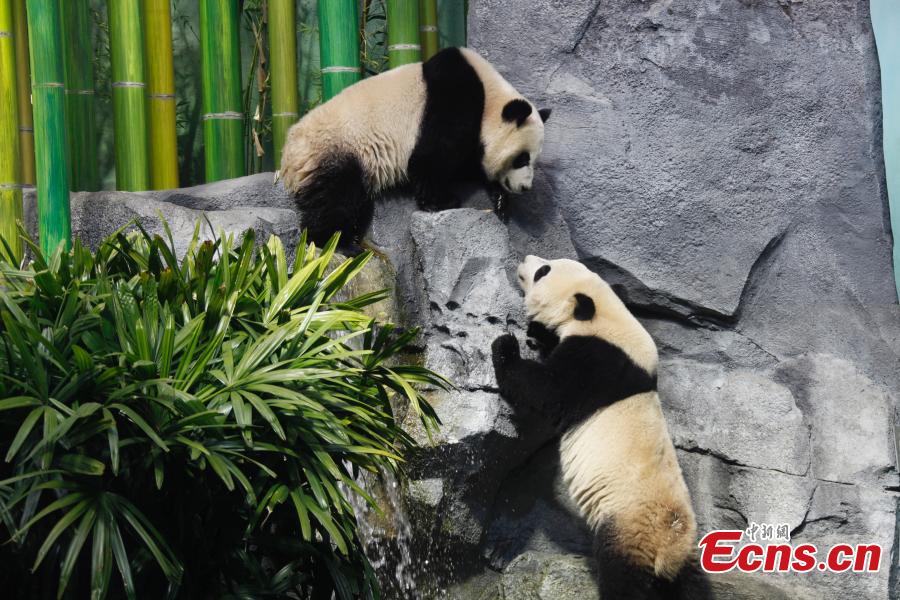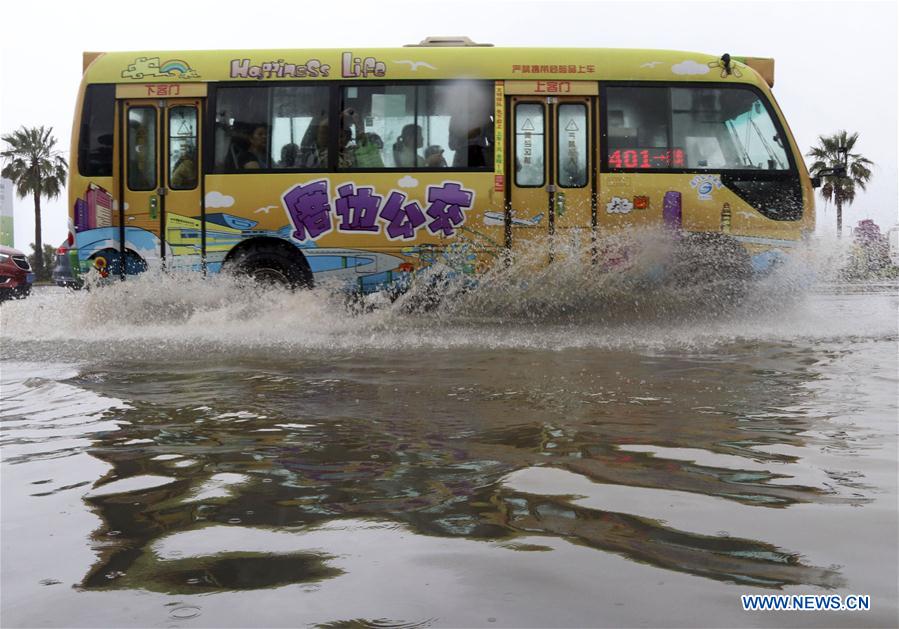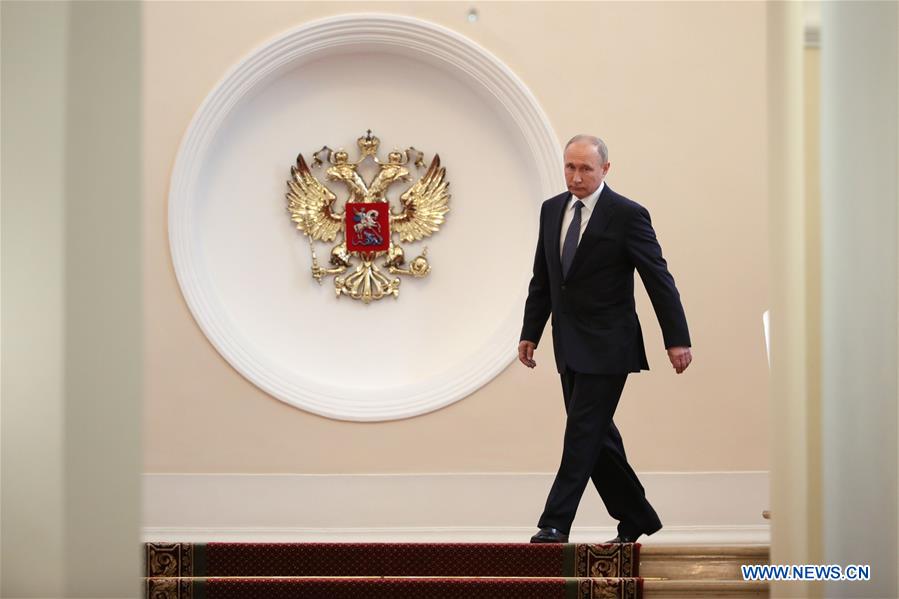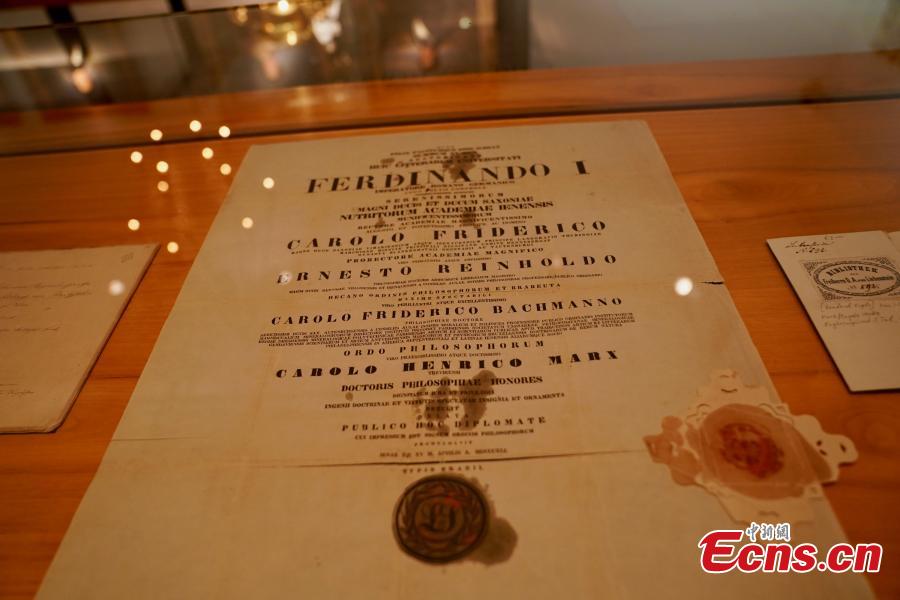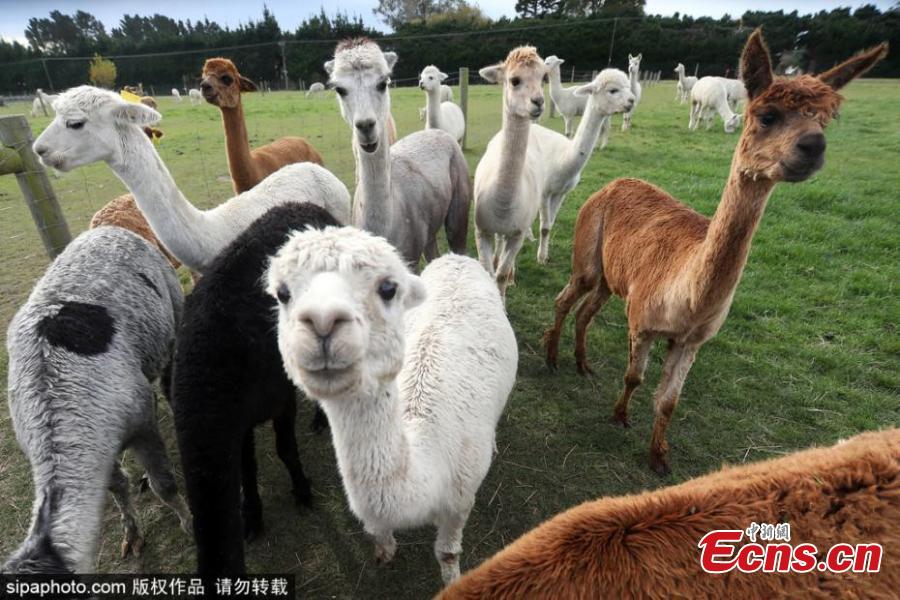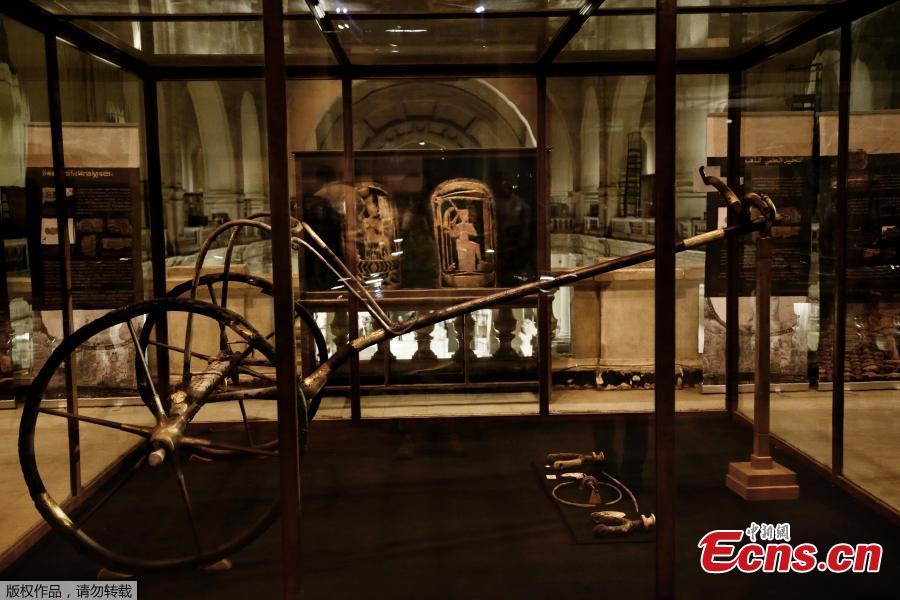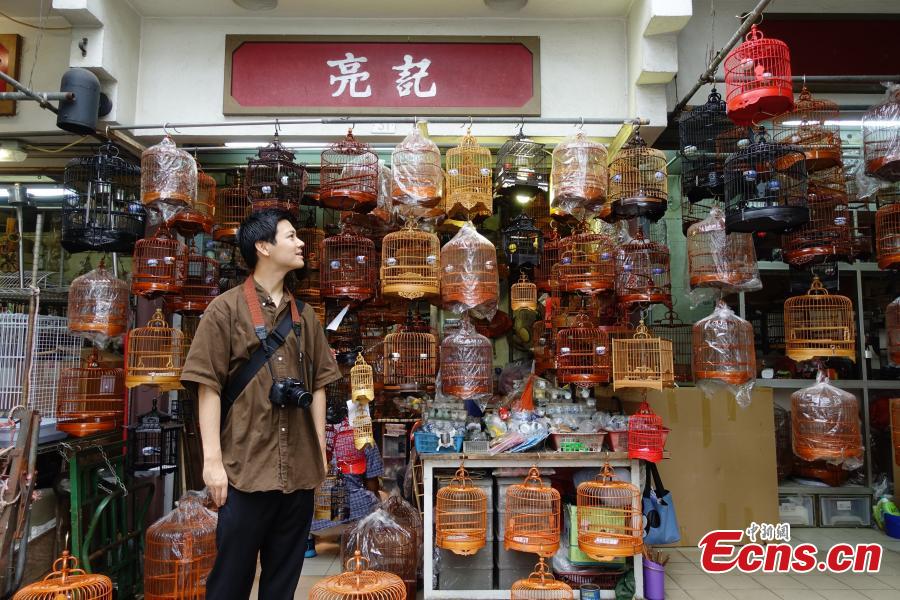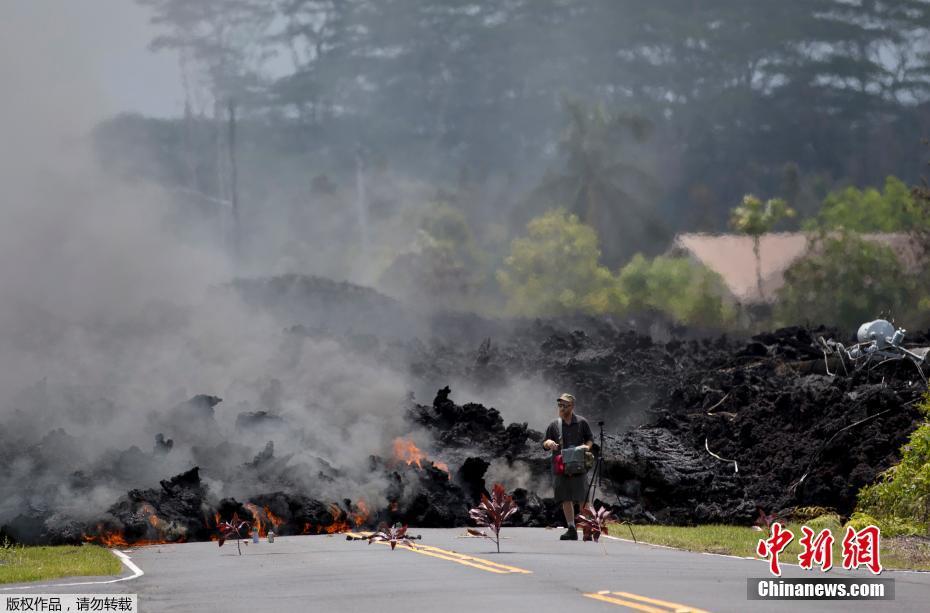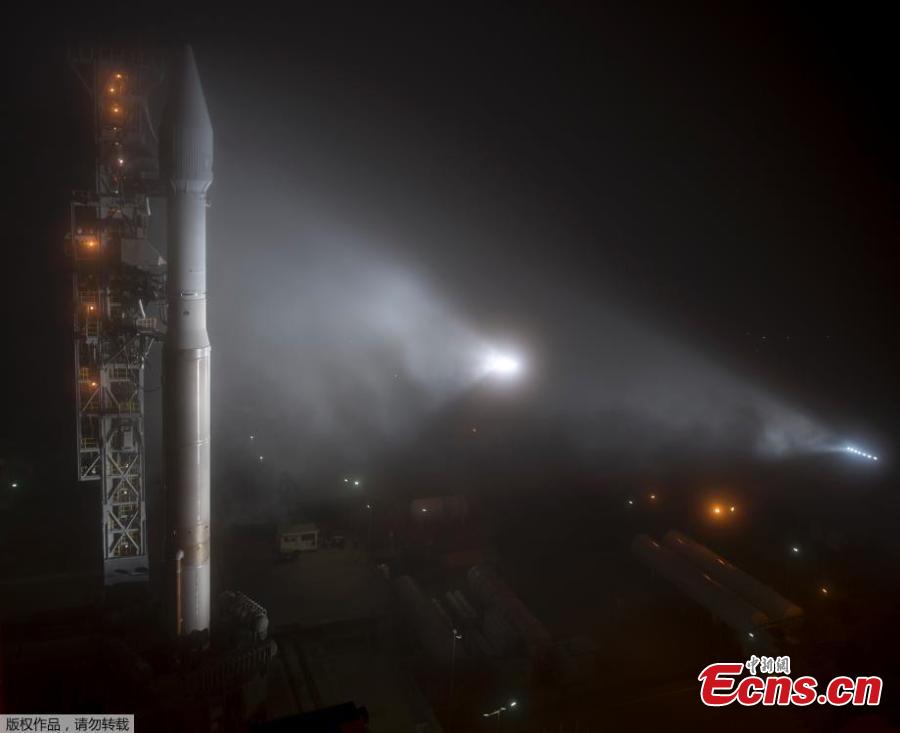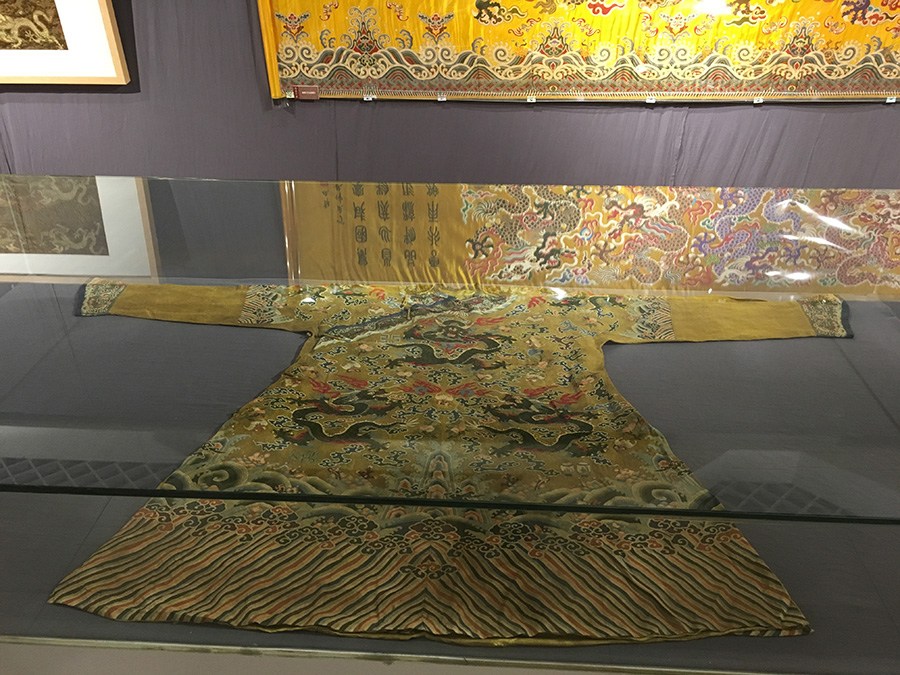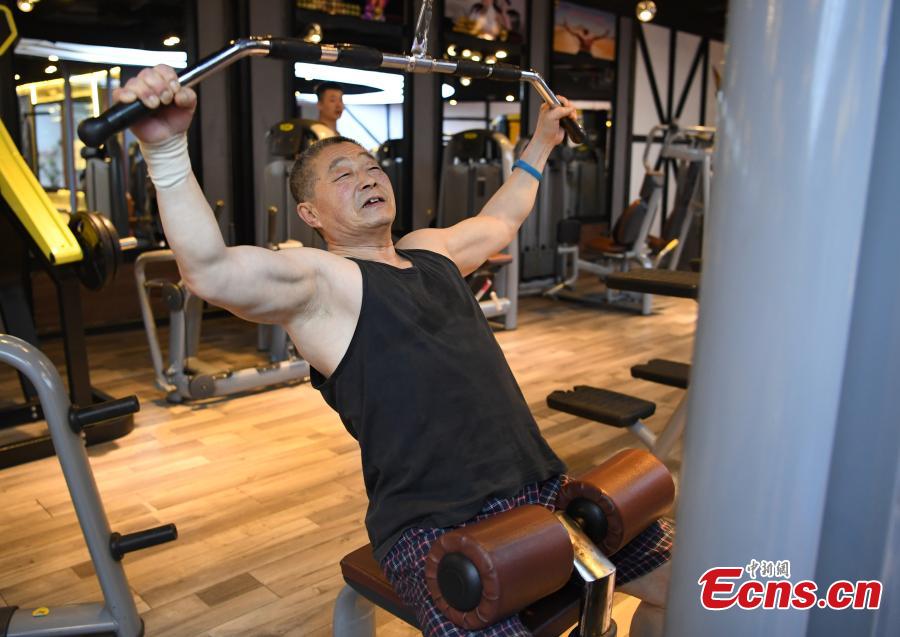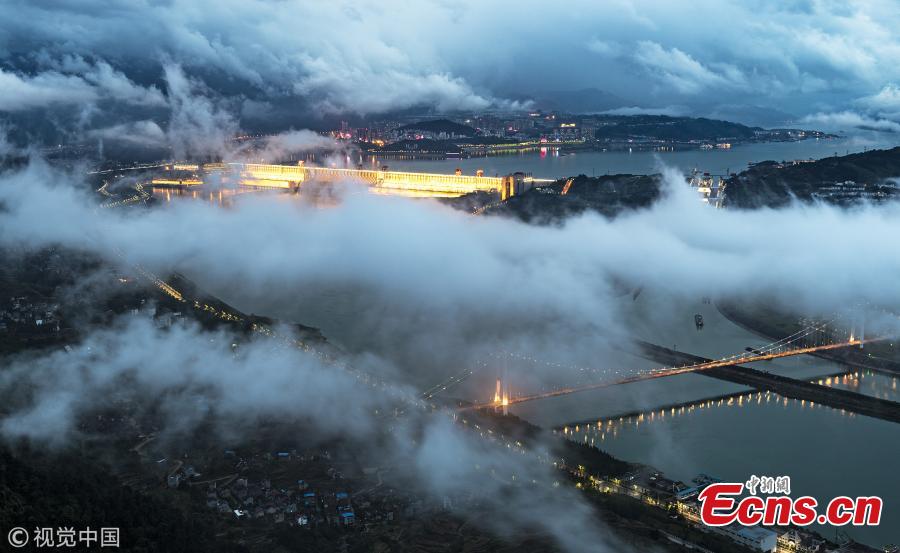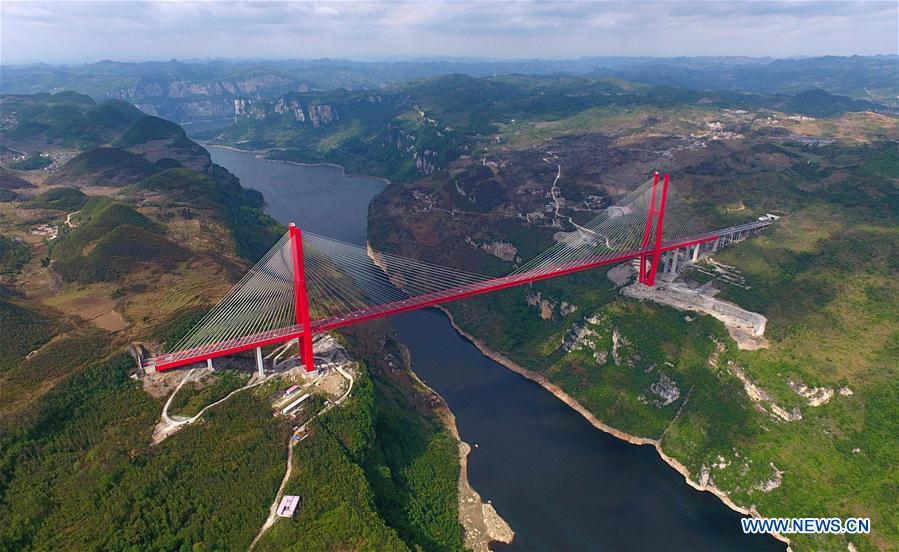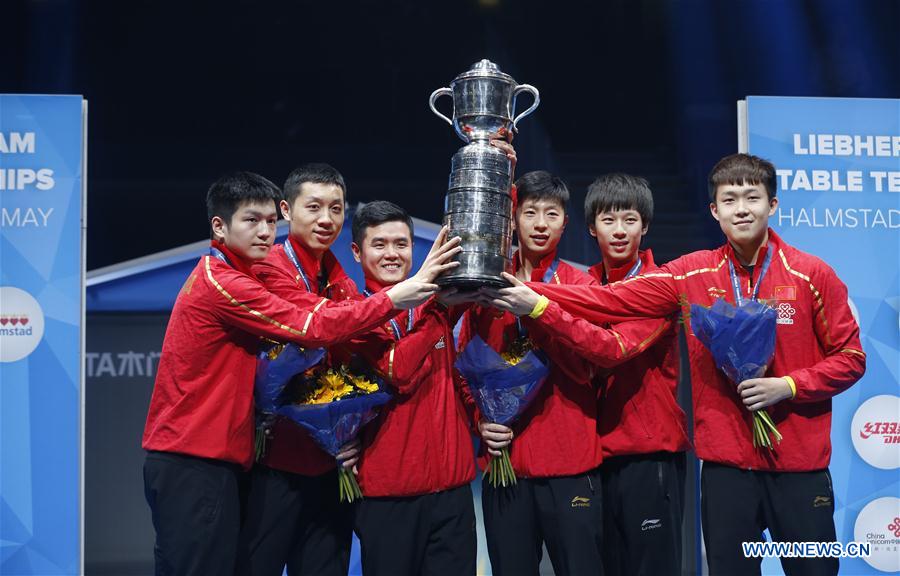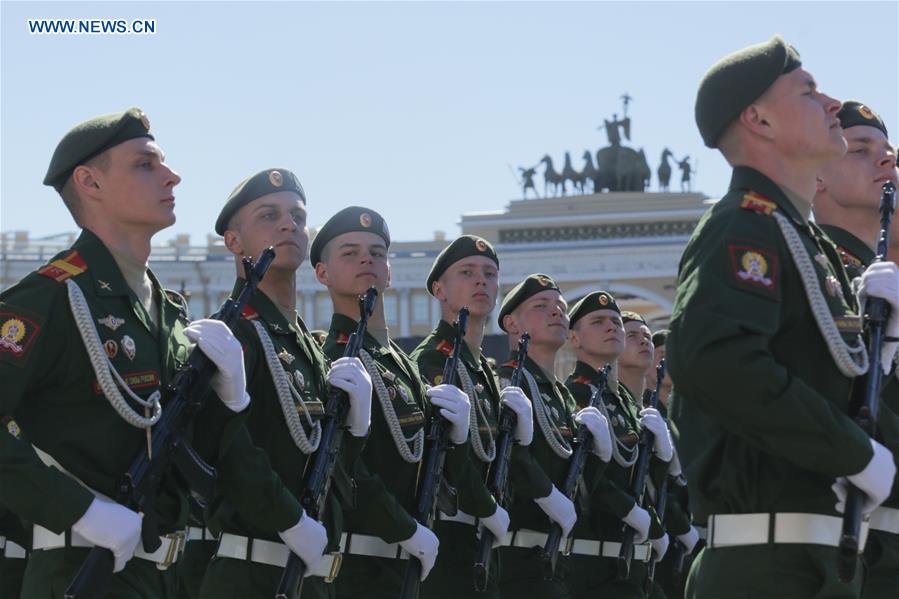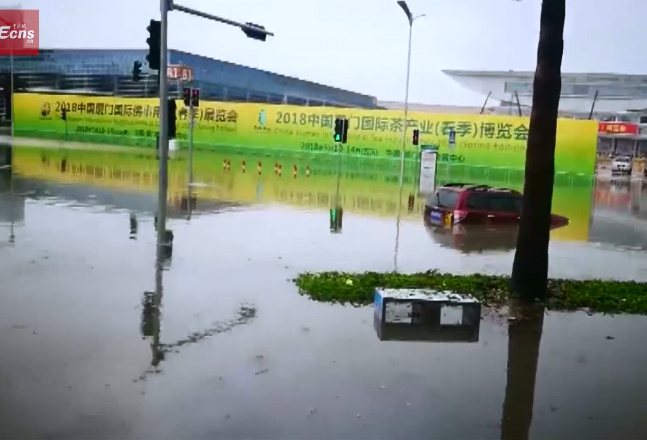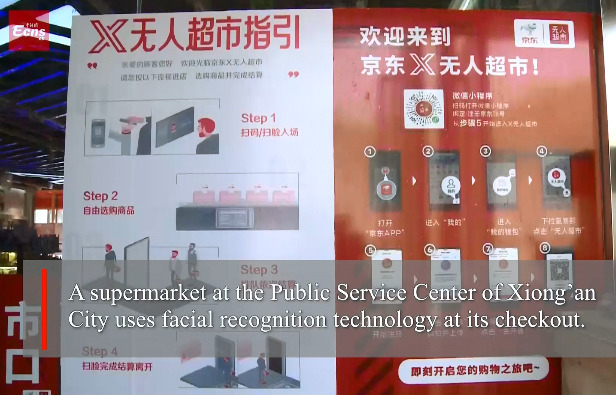Complementarity, cooperation create scope for growth: experts
Bilateral trade between China and Russia has been rising in recent years both in quality and quantity, boosted by the two governments' efforts to achieve closer economic ties, according to experts. However, there is further scope for growth, they added.
"(So far) the two countries' trade value hasn't reached the level that it should have," Zhou Liqun, president of the Chinese Chamber of Commerce in Russia, told the Global Times on Wednesday in an exclusive interview.
Zhou stressed that trade relations have improved, shifting from China "exporting low-end textile products to high value-added machinery and high technology products."
Data from the General Administration of Customs showed on November 8 that China's trade with Russia increased 21.3 percent year-on-year to $68 billion in the first 10 months of this year. In 2016, China was Russia's top trading partner.
China delivered machinery worth 4.9 billion euros ($5.2 billion) to Russia last year, up more than 70 percent year-on-year, Germany's international broadcaster Deutsche Welle reported in April.
The improvement in trade relations and volume reflects efforts by both sides to improve the conditions for trade.
One example is the Greenwood International Trade Center in Moscow, which Zhou said works as a sound base for domestic companies to enter Russian and European markets.
"With large storehouses, customs-bonded warehouses, storage logistics centers and housing, the center has attracted more than 300 companies from 14 countries and regions, of which more than 140 are from China," Zhou said.
He said that Greenwood contributes about $2 billion to Sino-Russian trade each year.
Jin Qiangyi, director of Yanbian University's Asia Research Center, said that Russia's trade relationship with China "entered a healthier phase" in recent years.
"Sanctions by the U.S. and the EU imposed since 2014, and Russia's own economic slump, have prompted the country to turn to China for trade cooperation," Jin said. "On our side, China also needs energy supplies from Russia. So there is this mutual growing need."
Zhou also said that China's improving trade with Russia was not "an easy achievement." Instead, it is the result of both countries' warm political communication as well as the complementary nature of their economic structures. He also added that China's mechanical and electrical products, as well as textiles and other light industrial products, are very competitive on the Russian market.
Apart from trade, China is strengthening economic cooperation with Russia in many ways. Chinese Premier Li Keqiang will attend the 16th meeting of the Council of Shanghai Cooperation Organization (SCO) Heads of Government in Sochi, Russia on Thursday and Friday. At the meeting, China will work with other countries to promote the Belt and Road initiative, as well as reach a new consensus on the alignment of development strategies, connectivity, industrial capacity cooperation and cultural exchanges, according to a statement posted on the website of the Ministry of Foreign Affairs on November 21.
On the investment front, as of February this year, China's cumulative investment in Russia totaled $42 billion, focused on industries such as energy, technology, real estate and agriculture, Zhou noted.
China is also making a larger contribution to Russia's tourism sector. Data from Shanghai-based tourism company Lvmama showed that the number of Chinese visitors to Russia surged by 153 percent year-on-year in the first 11 months of this year.
Li Qiuyan of Lvmama's public relations department told the Global Times on Wednesday that the platform will give more emphasis to itineraries to Russia as the number of Chinese visitors soars.
"China and Russia have a lot of room for economic cooperation, but I am still worried that the two countries' mutual political trust has not yet been totally established, which might affect economic cooperation," Jin noted.
Zhou said: "So far, economic cooperation is limited to single projects, and a good industrial/regional plan has not yet been drawn up. Progress on many projects is slow, expensive and vulnerable to failure," he said, adding that China and Russia should continue to deepen production capacity cooperation.
"We don't have much time to meet the set goal of $200 billion bilateral trade by the end of 2020. It's a big job for both sides," Zhou noted.









